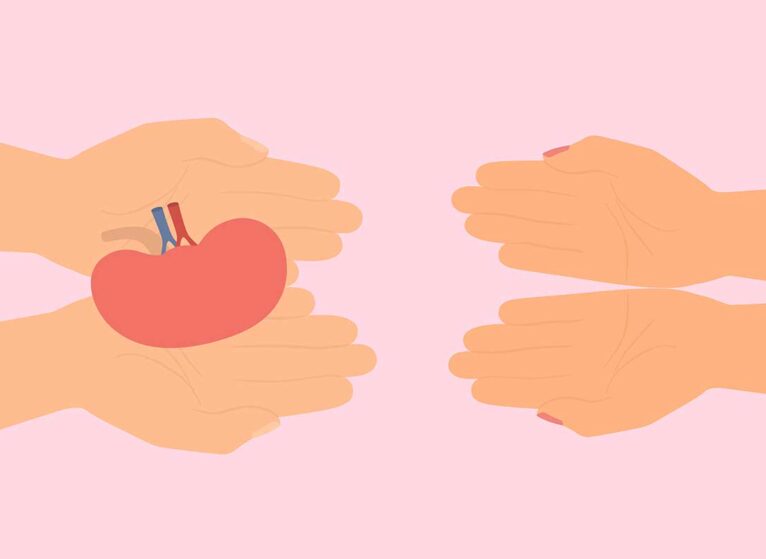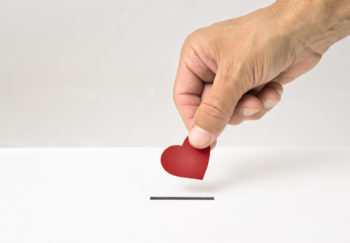April is National Donate Life Month in the U.S. During this time, we shine a light on the fact that there aren’t enough healthy organs on hand for people needing an organ transplant. More than 100,000 people are on the waitlist right now.
If one becomes available (from someone we call an organ donor) and the person needing one is a match (called a recipient), they can get an organ transplant that can save their life.
But there aren’t nearly enough organs donated from people who have passed away for everyone in need. People sometimes spend years waiting for a life-saving organ. Some die before they can get a transplant.
Living organ donation is one way that you can help ease this problem. Read on to learn all about living organ donation and how you can help save a life.
What Is Living Organ Donation?
“The availability of donor organs has not kept pace with the number of people that need transplants, and that's the biggest problem we have in transplantation today,” says Kenneth Brayman, MD, a surgeon and director of UVA Health’s kidney, pancreas, and islet transplant programs.
Another person is added to the waiting list for organs every 8 minutes. And every day, 16 people die while waiting.
But living organ donation makes more organs available to those who need them. At UVA Health, living organ donation involves:
- Donating one of your kidneys
- Donating part of your liver (which grows back)
Most people have 2 kidneys. But you only need 1 to do its job to be healthy. And, the part of your liver that you donate mostly grows back within 8 weeks after donation. The part you’ve donated also grows within the recipient.
The need for transplant organs is so great that researchers have for years been exploring ways to use animal organs to make up for the shortage. (In fact, in Boston this past March, one person received a kidney transplant from a pig that was genetically modified to reduce the risk of organ rejection.) Even with these efforts, there still aren’t nearly enough available organs.
Living organ donation can very literally save the life of your loved one. As long as you match (meaning your organ meets certain standards for the recipient’s needs), you can donate your organ to a family member, friend, or a stranger (sometimes called altruistic, nondirected, or anonymous donation).
Living organ donation is a generous act that saves lives.
Become a Living Organ Donor
Your generous act could save the life of a loved one, a friend, or even a stranger.
Why Should I Become a Living Organ Donor?
The process of living donation is designed to make sure you and the recipient remain safe throughout. We make sure you feel supported and have the right knowledge to make your decision. To be a living donor, you must:
- Be in good physical and mental health
- Know the risks and benefits of living donation, so you can decide if living donation is right for you
Living organ donation has several pluses for the recipient, like:
- Organs from living donors are often healthier and better matched to the recipient.
- Transplants from living donors have better outcomes compared with those from deceased donors.
- Transplant can be scheduled ahead of time.
- Recipients spend less time on the waiting list, which means they’re less sick when they get the transplant.
For the donor, there are some pluses too:
- You get physical and mental health support before, during, and after the living donation process.
- You don’t pay for your living organ donation medical expenses.
- Many donors feel their living donation was a positive experience that made a huge difference in someone’s life.
- You get to see your donation change someone else’s life for the better.
Most living donors go on to live healthy lives with no long-term issues.
Why Choose UVA Health?
At UVA Health, we have the most experienced transplant team in Virginia with over 50 years of researching, supporting, and performing organ transplants. Our team has special training in the latest transplant techniques.
We’ll help you and respect your decision to donate every step of the way, from beginning to end. We offer help through our transplant coordinators, who’ll guide you through each phase of the transplant journey. And we have support groups for patients and caregivers, both online and in-person.
Consider becoming a living organ donor. It can mean the difference between life and death for someone today.


